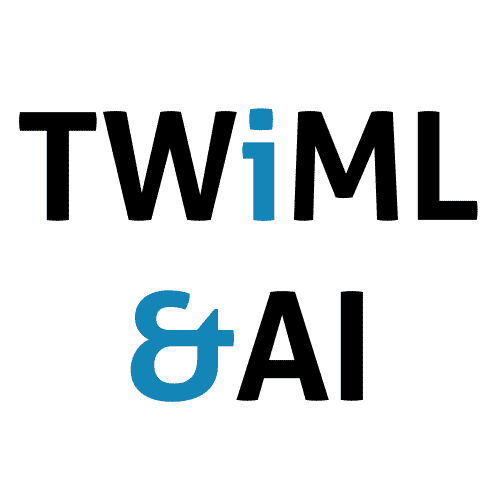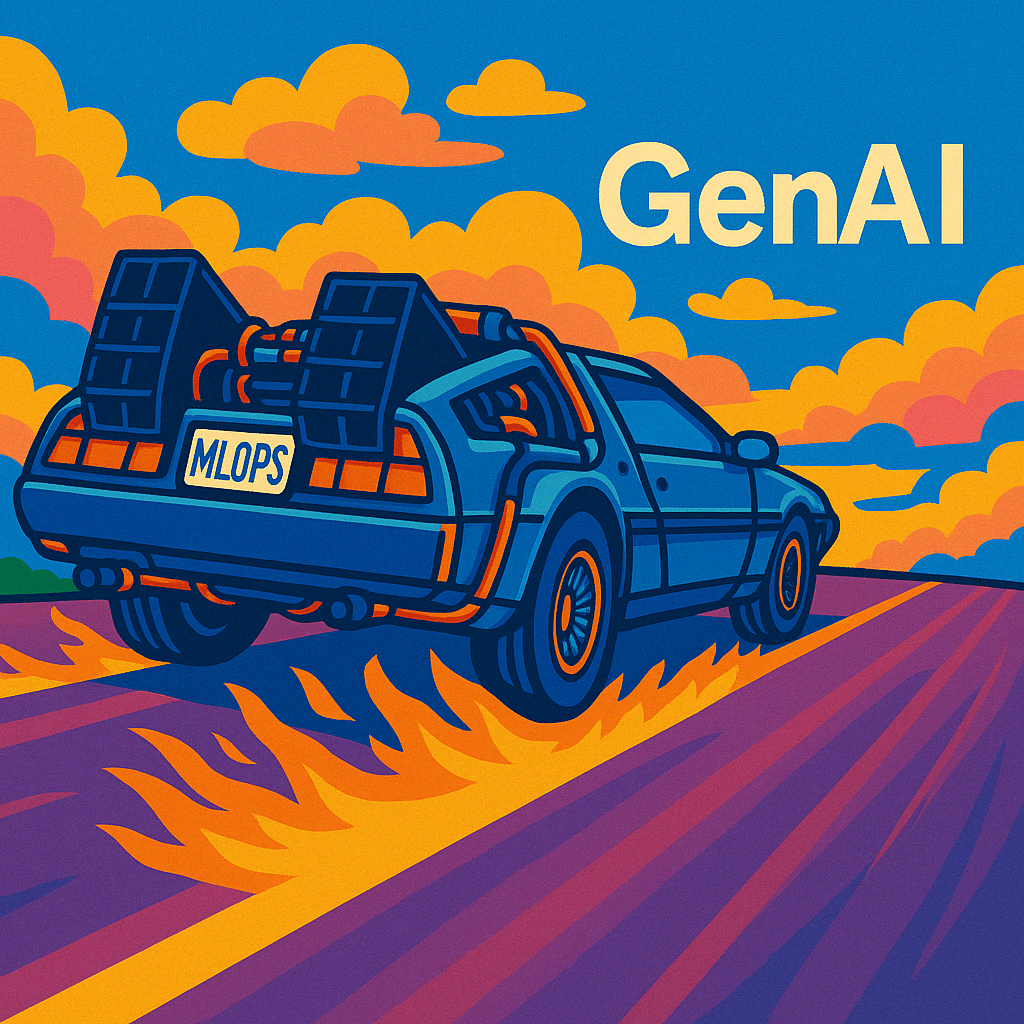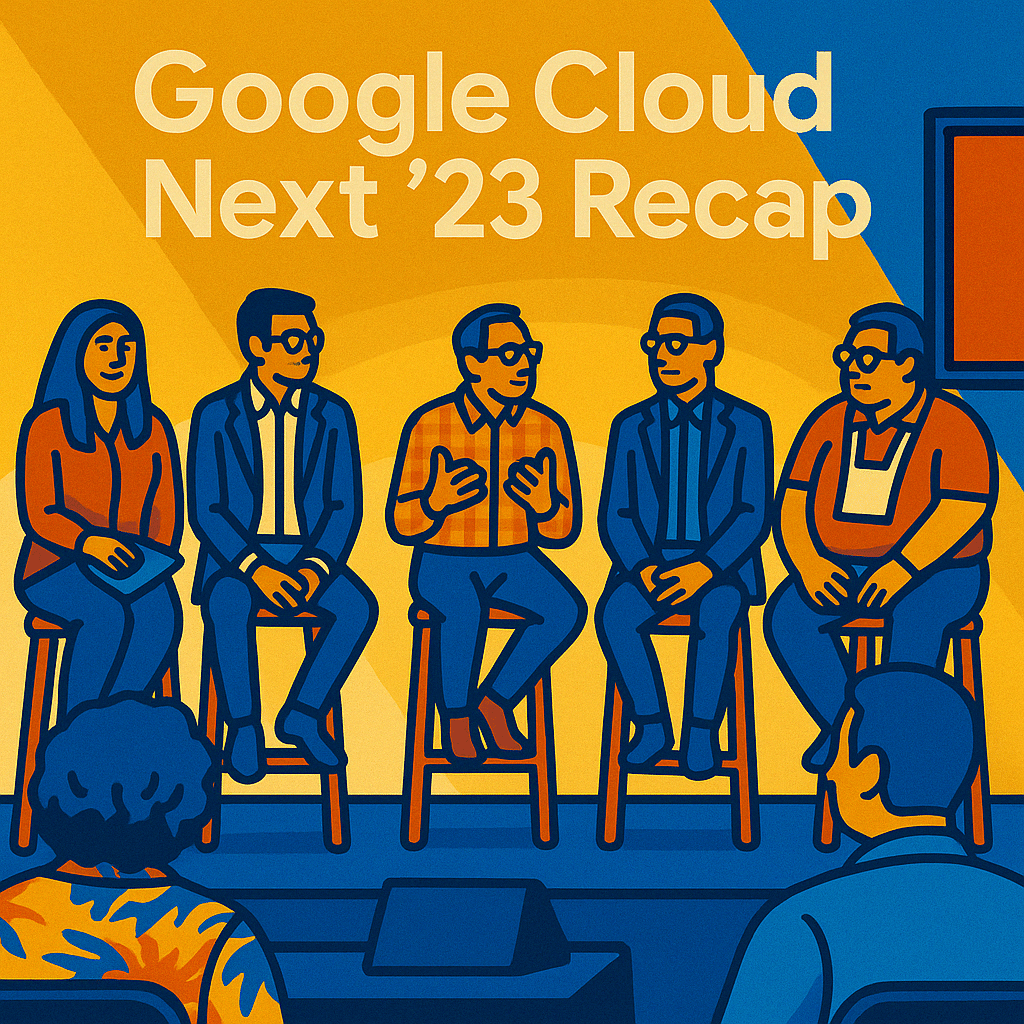Bits & bytes
New chips at NIPS.
- Intel Nervana’s forthcoming Neural Network Processor was shown publicly for the first time at this year’s NIPS, and the company provided an update on the NNP architecture on its blog. Meanwhile, Nvidia announced the Titan V, its latest GPU based on the Volta architecture. The new and improved GPU boasts 110 teraflops of computing power, an impressive 9x boost over its predecessor, and clocks in at a ‘mere’ $3k.
Nvidia makes healthcare imaging play.
- Nvidia is taking a crack at medical imaging, an area growing rapidly as healthcare researchers and professionals consider ways to take advantage of AI’s efficiency and power. Nvidia has partnered with GE Healthcare to bring Nvidia’s AI platform to its 500,000 imaging devices globally. The company has also partnered with Nuance, whose AI Marketplace for Diagnostic Imaging brings deep learning tools to radiologists.
Increasing activity in the AI developer tools space, including an update from Apple’s Turi.
- Interesting profile of Finnish startup Valohai, which offers not only infrastructure-as-a-service for machine learning but also a collaboration platform for data science team workflows. Apple recently released the Turi Create machine learning framework. The tool is designed to simplify the development of custom machine learning models and allow them to be easily exported to Apple’s suite of OSs. The Open Neural Network Exchange format (ONNX) for interoperable neural nets has now reached version 1.0 and is ready for production use, at least according to its backers Microsoft, Facebook and AWS.
Learning to play from Zero.
- Google’s DeepMind recently posted a paper describing AlphaZero, AI software that is capable of learning to play any of three complex games: Chess, Go, or Shogi, achieving superhuman performance in each in under 24 hours of self-play. A single program capable of learning three very different and complex games demonstrates a versatility that is difficult to achieve with modern AI.
Google released an AI that analyzes your genome.
- Genome sequencing has become exponentially more efficient in the 15 years since the first human genome was sequenced. However, analyzing the sequenced genomes is still a tedious process. Google’s DeepVariant is a tool for researchers that can be used to identify regions of interest in a patient’s DNA.
AI startup funding roundup.
- Prognos announced it has raised $20.5 million, the startup uses AI algorithms to enable earlier identification of patients who can benefit from enhanced treatment. Legal software firm Luminance announced that it has received $10 millioninvestment to fund its expansion into the U.S. and speed the legal review contracts and other documents with AI. Chinese tech giant Alibaba Holdings has supposedly invested $227M in Beijing-based facial and image recognition firm SenseTime, valuing the firm at $3 billion post-investment. Chattermill announced it raised £600k in funding, the company employs deep algorithms to help companies makes sense of customer feedback.
Interesting acquisitions.
- After getting off to a less than stellar start with the release of their virtual assistant, Bixby, Samsung has acquired Fluenty to help bolster its launch of Bixby 2.0. Siemens has boughtSolido Design Automation, a company using ML algorithms to perfect complex chip design and make sure they’re optimized for power consumption.





